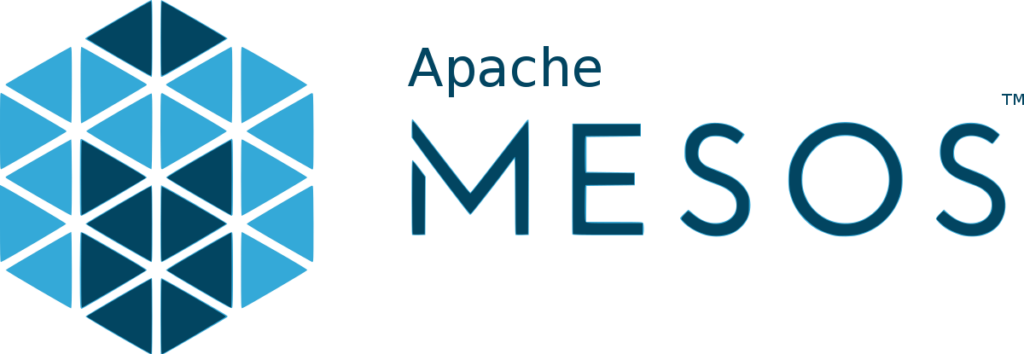Introduction: Navigating Apache Mesos’s Open Service Ecosystem
In the fast-paced world of cluster computing, Apache Mesos reigns as a prominent player. This blog will delve into “Apache Mesos’s Open Service Ecosystem,” showcasing and comparing the top 5 open source tools that integrate with Mesos. Drawing from Anant’s expertise in modernizing data platforms, we’ll guide you through the selection process to find the best fit for your needs.
Apache Mesos: A Brief Overview
Apache Mesos offers abstraction across hardware resources, simplifying cluster management. It has proven to be an essential tool in orchestrating containerized applications, managing resources, and enhancing scalability.
Top 5 Open Source Tools and Integrations for Apache Mesos:
1. Marathon (Link)
- Purpose and Use Case: Container orchestration; suitable for long-running applications.
- Supported Platforms and Integration: Integrates with Docker, rkt, Appc.
- Ease of Use and Learning: Moderate; active community support.
- Scalability and Extensibility: Highly scalable; can be extended with plugins.
Marathon stands out for container orchestration, particularly for long-running applications. Its integrations with leading container platforms offer flexibility and scalability.
2. Chronos (Link)
- Purpose and Use Case: Distributed job scheduler; handles time-based jobs.
- Supported Platforms and Integration: Works with Docker, Mesos API.
- Ease of Use and Learning: Fairly simple; well-documented.
- Scalability and Extensibility: Scales well; no native extensibility.
Chronos functions as a distributed job scheduler within Mesos. It’s ideal for scheduling recurring tasks and integrates efficiently with other Mesos components.
3. Apache Aurora (Link)
- Purpose and Use Case: Service scheduler; designed for large clusters.
- Supported Platforms and Integration: Integrates with Mesos API, Kerberos, and Docker.
- Ease of Use and Learning: Complex; requires knowledge of Mesos.
- Scalability and Extensibility: Highly scalable; supports custom executors.
Apache Aurora excels in large clusters, where scalability is crucial. Although it may require a steep learning curve, it offers robust capabilities and custom extensions.
4. Jenkins (Link)
- Purpose and Use Case: Continuous integration and delivery; integrates with Mesos.
- Supported Platforms and Integration: Integrates with Git, Docker, and Apache Maven.
- Ease of Use and Learning: Easy to use; rich documentation.
- Scalability and Extensibility: Scalable; extensive plugin support.
Jenkins provides a comprehensive CI/CD solution within the Mesos ecosystem. Its extensive integrations and plugin support make it a versatile and adaptable choice.
5. Kubernetes (Link)
- Purpose and Use Case: Container orchestration; works alongside Mesos.
- Supported Platforms and Integration: Integrates with Docker, Mesos API, Helm.
- Ease of Use and Learning: Moderate; strong community support.
- Scalability and Extensibility: Highly scalable; many extensions available.
Kubernetes and Mesos can work together to provide an enhanced container orchestration experience. Kubernetes adds value with its rich feature set and scalability.
Conclusion: Building a Cohesive Ecosystem
The open source tools in Apache Mesos’s ecosystem are designed to complement one another. Marathon and Kubernetes handle orchestration, while Chronos and Aurora manage scheduling. Jenkins adds CI/CD capabilities, all working in unison to create a harmonious environment.
Selecting the right combination of tools depends on your specific needs and environment. Anant is here to guide you in this decision-making process. Leveraging our broad expertise in data engineering, we can help you modernize and maintain your data platforms with the best tools and technologies.
Contact Anant today and embrace the best of Apache Mesos’s Open Service Ecosystem. Let’s collaborate and transform your data landscape!




